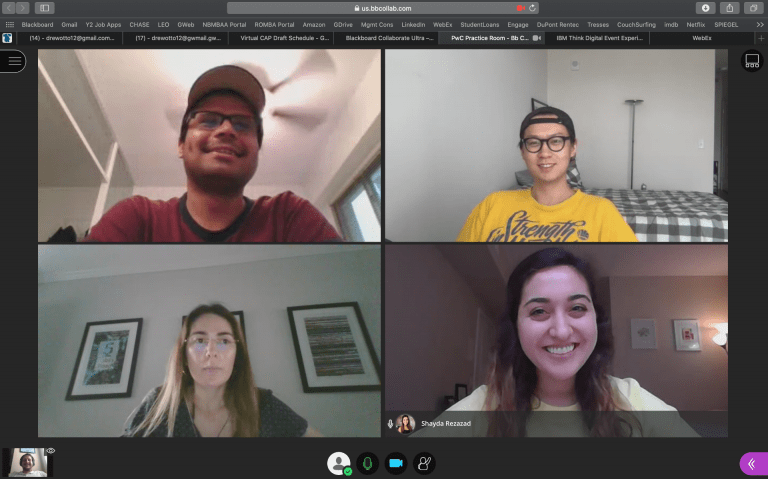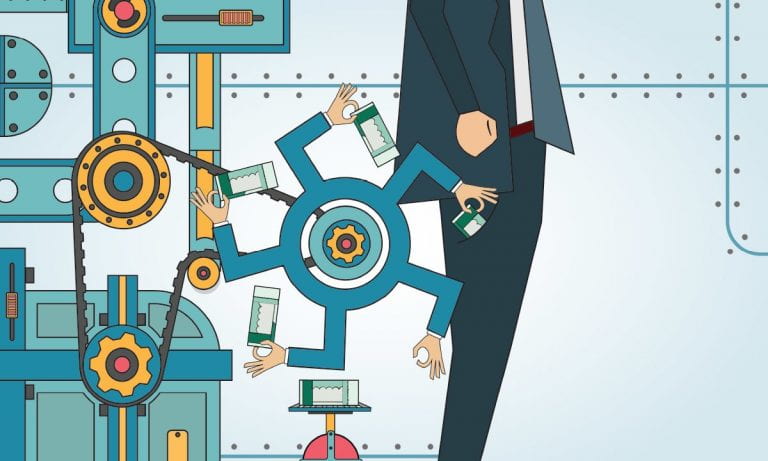Participating in a hospitality consulting project seemed pretty straightforward. Then, COVID-19 hit.
This spring my International Business Strategy class, taught by Professor Laura D’Antonio, was given the unique opportunity to do a virtual consulting project with Marriott International. We were tasked with researching and presenting recommendations for Marriott’s growth strategy in the Asia Pacific region over the next five years. Despite the nerve-racking high stakes of working with a real client, my classmates and I were thrilled for the chance to engage in hands-on learning.
When the course started in January 2020, COVID-19 hadn’t yet reached pandemic status. The virus didn’t even have a name. Soon after we began, however, it became evident that the effects of the pandemic’s disruption on the global hospitality industry would be unignorable and long-lasting.

Over the course of the project we worked closely with members of the Hong Kong-based Marriott International Asia Pacific leadership team including the Sr. Director of the Strategy Management Office and the Chief Financial Officer. Gregg Rockett, a GWSB lecturer and industry expert, also provided valuable insights by critiquing our projects and hosting an informative webinar on hospitality industry finance.
Throughout the semester, Professor D’Antonio worked closely with the Marriott team to refine the scope of our projects in light of the evolving pandemic. My team pivoted our focus from analyzing expansion opportunities to predicting new opportunities arising from changes in post-COVID consumer behavior. We analyzed similar shifts in consumer behavior following other global crises such as the 2003 SARS pandemic and the 2008 Global Financial Crisis, and our findings were able to inform our recommendations as well as our classmates’ projects.
The pandemic’s evolution certainly threw a wrench into the planned course of this engagement. Fortunately, we knew from the beginning that we needed to be adaptable when working with a live client and Professor D’Antonio had prepared us to succeed amid ambiguity from Day 1.
Ultimately, the challenges experienced from engaging in this project-based learning experience during COVID-19 created a more rich, unique and meaningful learning experience for myself and my classmates.

Nicole Fitchett is a ’21 MBA Candidate at The George Washington University School of Business.









